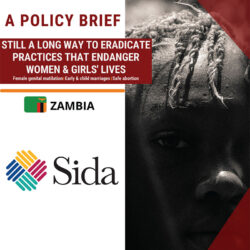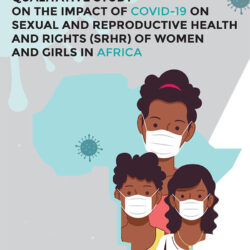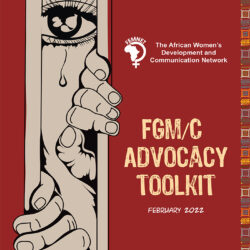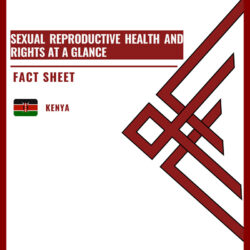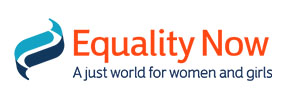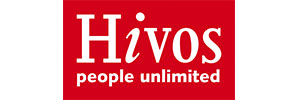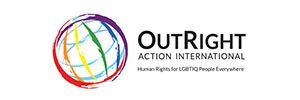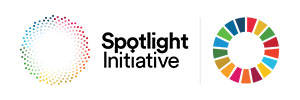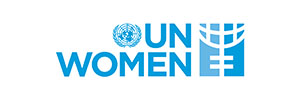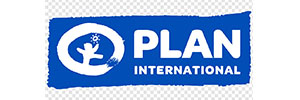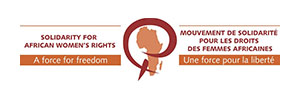Over the last 10 years FEMNET has focused her Sexual and Reproductive Health and Rights (SRHR) work in three priority areas: Ending harmful practices such as Female Genital Mutilation and Child, Early and Forced Marriage, Access to Safe and Legal Abortion and Bodily Autonomy and Integrity work.
FEMNET continues to intensify her work on SRHR with partners across the region, and enhanced collaboration and partnerships with allies including funding partners, community of journalists and allies by:
- Advancing the sexual and reproductive health and rights of women and girls in Africa, including on issues of diversity, inclusion and sexual orientation, reproductive rights, justice and choice through its Bodily Autonomy and Integrity work.
- Eliminating and ending violence against women in all forms through prevention, response, and policy formulation.
- Family Planning, equal access to safe and Legal abortion, affordable contraceptives, and comprehensive sex education, as well as freedom from sexual violence
- Ending FGM, Child and Early Marriage and eradicating traditional Harmful and traditional practices
- Engaging Men, boys, religious and cultural leaders through her Men-to-Men Strategy
- Opposition Monitoring and Management
- Advancing progressive understandings and feminist movement building around SRHR thought leadership and gender identity and rights
This is in line with FEMNET’s ten-year strategic plan (2020-2029) where FEMNET continues to focus on disrupting patriarchal power; nurturing innovative and powerful feminist spaces; re-politicizing the women’s right agenda; and invigorating constituency building and engagement. This includes robustly growing women and girls’ solidarity, voices, agency, and power to shape discourse, while countering regressive forces against gender equality and women’s empowerment. The strategic plan outlines five thematic focus areas: – (i) ending violence against women and girls; (ii) advancing sexual and reproductive health and rights; (iii) women’s transformative leadership; (iv)women’s economic justice and (v) climate justice and natural resource governance.

